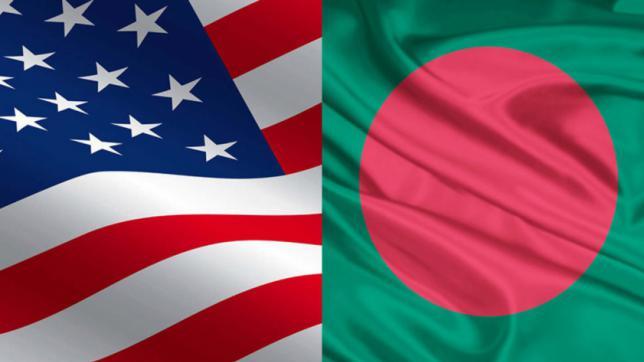
Bangladesh – USA F-1 & J-1 Tax Treaty ( Student, Teachers, Researchers, Scholars, Trainees & Apprentice)
Article 21 Paragraph 1 of the USA – Bangladesh Tax Treaty provides a two (2)-year exemption from tax in the USA for an individual who visits the USA for the purpose of teaching or engaging in research at a university, college or other recognized educational institution in that State.
This rule applies only if the individual is a resident of Bangladesh immediately before his visit to the USA. The exemption applies to any remuneration for such teaching or research. The exemption from tax applies only for two (2) years from the date he first visits the USA for the purpose of teaching or engaging in research at a university, college or other recognized educational institution.
This exemption from US Taxes will apply if the teaching or research is carried on at an accredited university, college, school or other recognized educational institution. An educational institution will be considered to be accredited if it is accredited by an authority that generally is responsible for accreditation of institutions in the particular field of study.
Paragraph 2 provides rules for United States taxation of visiting students, apprentices or business trainees, and persons studying or doing research as the recipient of a grant from a government or a charitable institution. Visitors must be in the USA for the primary purpose of engaging in these activities. Persons who meet the tests of the paragraph 2 will be exempt from tax in the USA with respect to the following designated class of income;
(1) all remittances from abroad for maintenance, education or training;
(2) grants, allowances or awards; and
(3) all remuneration from personal services rendered in the USA with a view to supplementing the resources available to him for such purposes to the extent of $8,000 United States dollars or its equivalent in Bangladesh taka per taxable year.
The reference of “primary purpose” in the treaty article is meant to describe individuals participating in a full-time program of study, training or research.
A student must be studying at a university, college, or other recognized educational institution. An educational institution is understood to be an institution that normally maintains a regular faculty and normally has a regular body of students in attendance at the place where the educational activities are carried on.
An educational institution will be considered to be recognized if it is accredited by an authority that generally is responsible for accreditation of institutions in the particular field of study.
In subparagraph (c)(i), the US provides exemption to payments received by the student from abroad for the purpose of his maintenance, education or training. A payment will be considered to be from abroad if the payor is located outside the United States.
In paragraph 2(c)(ii) the United States provides an exemption to an unmarried resident of Bangladesh who is temporarily present in the United States for the primary purpose of studying at a university an $8,000 exclusion of income from the performance of personal services and, in addition, would be entitled to the personal exemption allowed by section 151 of the Code, as provided by section 873(b) of the Code. Please note that the new tax law enacted does not allow for Personal Exemption until 2025
In the case of an apprentice or business trainee, the benefits of the Article will extend only for a period not exceeding two (2) years from the time that the visitor first arrives in the USA.
If, however, an apprentice or trainee remains in the USA for a third year, he would not receive the benefits of the paragraph for that year but would not retroactively lose the benefits of the paragraph for the first two years.
Paragraph 3 establishes that the exemptions provided in this Article do not apply to income from research if such research is undertaken primarily for the private benefit of a specific person or persons.
For example, personal service income arising from research at a corporate research facility would, in general, not qualify as exempt income.
***Disclaimer: This communication is not intended as tax advice, and no tax accountant -client relationship results**
